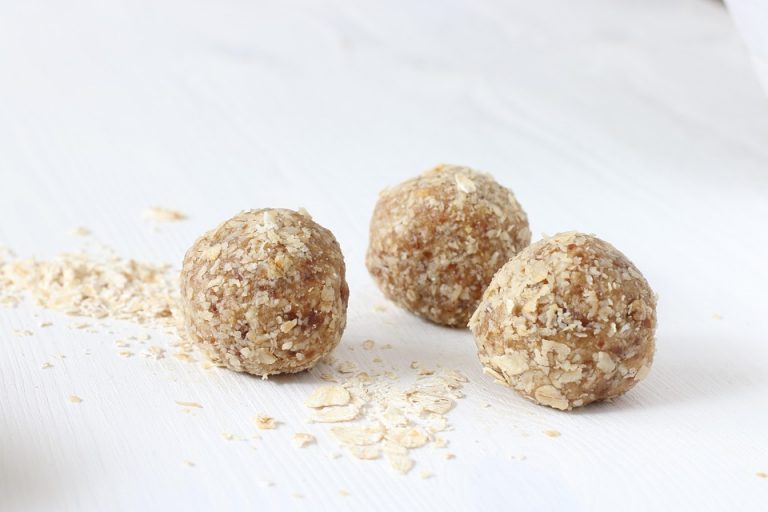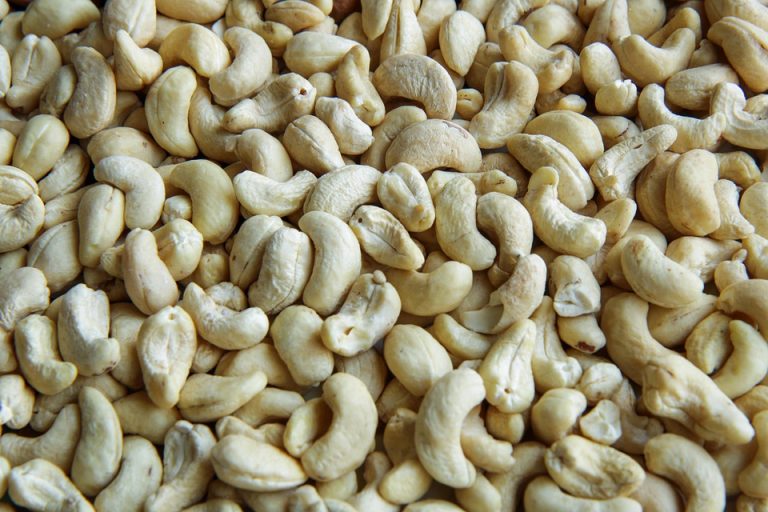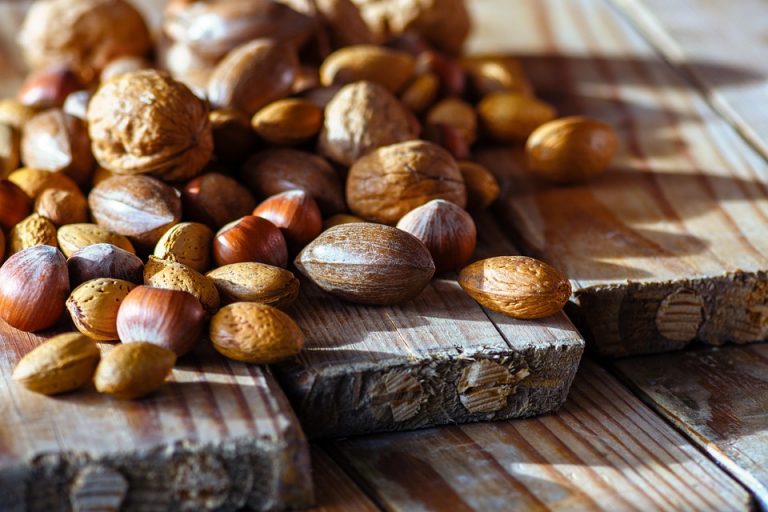Fiber-rich diet—it’s a term you’ve heard tossed around in health circles, but what does it really mean for you? Simply put, a fiber-rich diet includes foods that are high in dietary fiber, which is the part of plant-based foods that your body can’t digest. Think whole grains, fruits, vegetables, legumes, and nuts. Why does this matter? Because fiber is a powerhouse for your health, and the benefits extend far beyond just keeping things moving in your digestive system.
In a world filled with fad diets and quick fixes, embracing a fiber-rich diet is a game-changer. It’s not just about what you eat; it’s about how you feel. Let’s dive into ten surprising benefits of a fiber-rich diet that will have you rethinking your meals and snacking habits.
Contents
1. Supports Digestive Health
When you think of fiber, digestion likely comes to mind first. And for good reason! A fiber-rich diet promotes regular bowel movements and can prevent constipation. Soluble fiber absorbs water, forming a gel-like substance that helps regulate your digestion. It’s like a gentle broom sweeping through your intestines.
If you want to dive deeper into digestive health, check out the American Gastroenterological Association.
2. Aids in Weight Management
Feeling full is key to managing your weight, and fiber can help with that. High-fiber foods are more filling than their low-fiber counterparts, meaning you’re less likely to overeat. When you fill your plate with fruits, veggies, and whole grains, you’re not just eating fewer calories; you’re nourishing your body.
Studies show that people who consume more fiber tend to have lower body weight. When you feel satisfied after a meal, you’re less likely to reach for those late-night snacks. It’s a win-win!
3. Lowers Cholesterol Levels
Imagine this: you’re enjoying a delicious bowl of oatmeal or a hearty bean salad. Not only are you treating your taste buds, but you’re also giving your heart a helping hand. Soluble fiber can lower levels of LDL (the bad cholesterol) in your blood, reducing the risk of heart disease.
According to research from the National Lipid Association, incorporating more soluble fiber can significantly improve your cholesterol levels. So go ahead, enjoy that fiber-rich meal—your heart will thank you!
4. Stabilizes Blood Sugar Levels
If you’ve ever experienced the dreaded sugar crash, you know how frustrating it can be. A fiber-rich diet can help stabilize your blood sugar levels, preventing those drastic spikes and drops. Fiber slows the absorption of sugar into your bloodstream, giving you a more consistent energy level throughout the day.
This is especially important for those managing diabetes or prediabetes. A little more fiber can mean a lot more stability. For more information on managing blood sugar, visit the American Diabetes Association.
5. Enhances Gut Health
Your gut is home to trillions of bacteria, both good and bad. A fiber-rich diet acts as a prebiotic, feeding the beneficial bacteria and promoting a healthy microbiome. This balance can improve your immune system, mood, and even your skin health.
Research has shown that a diverse range of fiber can lead to a more diverse gut microbiome, which is crucial for overall health. It’s all about keeping those gut buddies happy and thriving.
6. Reduces the Risk of Certain Cancers
You might be surprised to learn that a fiber-rich diet can reduce the risk of certain types of cancer, particularly colorectal cancer. The World Health Organization suggests that increasing fiber intake can have a protective effect against this disease.
Fiber helps keep your digestive system in check, which can lower inflammation and promote a healthier gut environment. Eating a variety of fiber sources can be your secret weapon in cancer prevention.
7. Promotes Healthy Skin
Believe it or not, the benefits of a fiber-rich diet extend beyond your insides. When your digestive system functions smoothly, your skin often reflects that health. Fiber aids in detoxifying your body, flushing out toxins that can lead to breakouts and dull skin.
Plus, many fiber-rich foods are packed with vitamins and antioxidants that contribute to a radiant complexion. Think of fiber as a beauty secret that starts from the inside out!
8. Boosts Mental Health
There’s a fascinating connection between your gut and your brain, often referred to as the gut-brain axis. A fiber-rich diet can enhance your mental health by promoting a healthy gut microbiome, which has been linked to improved mood and cognitive function.
Research indicates that fiber can reduce anxiety and depression levels by influencing neurotransmitter production. So, the next time you’re feeling blue, consider reaching for that fiber-rich snack instead of junk food.
9. Strengthens Immune Function
Your immune system is your body’s defense against illness, and a fiber-rich diet plays a crucial role in keeping it strong. A healthy gut, supported by fiber, can enhance your immune response, helping your body fight off infections and diseases more effectively.
Studies suggest that a diverse microbiome, nurtured by fiber, can enhance the production of immune cells. That means more resilience against those seasonal sniffles and colds.
10. Promotes Longevity
Finally, let’s talk longevity. Research shows that a diet high in fiber is associated with a longer lifespan. The reasons are multifaceted: better heart health, improved digestion, and reduced risk of chronic diseases all contribute to a healthier, longer life.
When you make fiber a priority in your diet, you’re investing in your future. And that’s a decision you’ll feel good about every day.
Bottom Line
A fiber-rich diet is more than just a buzzword; it’s a lifestyle choice that can transform your health. From digestive support to enhanced mental well-being, the benefits are vast and varied.
So, why not start today? Incorporate more fruits, vegetables, whole grains, and legumes into your meals. Your body and mind will thank you for it!
FAQs
Q: How much fiber do I need daily?
A: The recommended daily intake is about 25 grams for women and 38 grams for men. Adjust according to your age and health needs.
Q: Can I get too much fiber?
A: Yes, too much fiber can lead to digestive discomfort. Gradually increase your intake and drink plenty of water.
Q: What are some easy ways to add fiber to my diet?
A: Start your day with oatmeal, snack on fruits and nuts, and choose whole-grain options for bread and pasta.
Embrace the power of a fiber-rich diet, and watch how it positively impacts your life!
Get Your FREE Natural Health Guide!
Subscribe now and receive our exclusive ebook packed with natural health tips, practical wellness advice, and easy lifestyle changes, delivered straight to your inbox.




